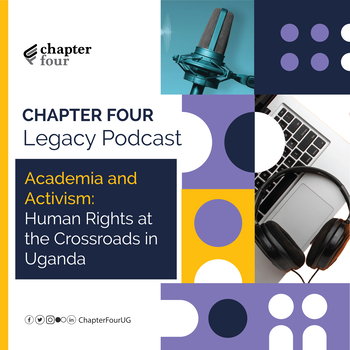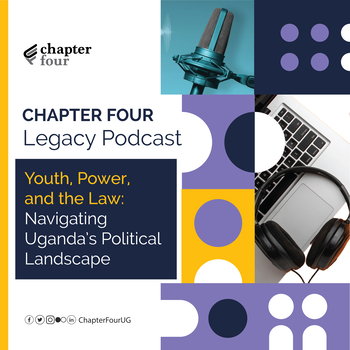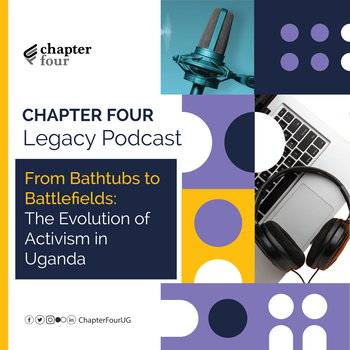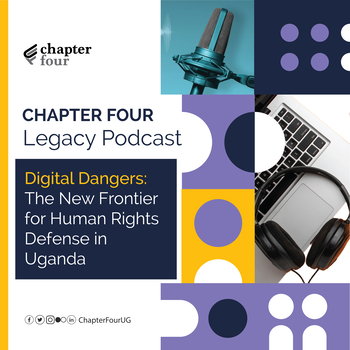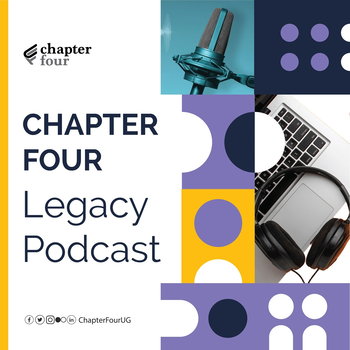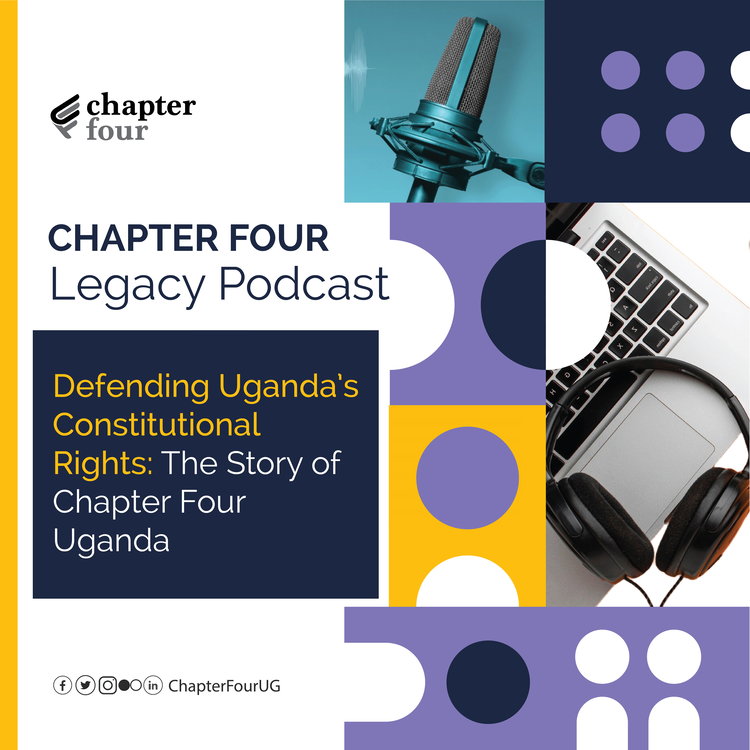
Defending Uganda's Constitutional Rights: The Story of Chapter Four
Loading player...
In the inaugural episode of the Chapter Four Legacy Podcast, Mr. Nicholas Opiyo (Founding Director of Chapter Four Uganda) provides an in-depth look into Chapter Four Uganda, a civil rights organization inspired by the Bill of Rights in Uganda's 1995 Constitution. Opiyo explains that the group was initiated in 2008 due to rampant human rights violations during election times, officially registering in 2013.
The organization's mission is protecting human rights, defending freedoms through the defence and promotion of constitutional freedoms, offering legal representation, and increasing public awareness on rights and freedoms. Notable achievements include challenging and overturning regressive laws like the Public Order Management Act and the Anti-Homosexuality Act, 2013, alongside supporting digital freedoms and civil society leaders who face state repression.
The episode delves into how Chapter Four Uganda operates, with Opiyo detailing their strategic case selection, the importance of documenting violations for historical accountability, and the various ways the public can support their work. He stresses the significance of public involvement in upholding rights, suggesting contributions through volunteering, financial donations, and engaging in awareness campaigns.
The conversation wraps up with a call to action for Ugandans to actively participate in defending their constitutional rights, emphasizing that such engagement is vital for the development and dignity of Ugandan society.
The organization's mission is protecting human rights, defending freedoms through the defence and promotion of constitutional freedoms, offering legal representation, and increasing public awareness on rights and freedoms. Notable achievements include challenging and overturning regressive laws like the Public Order Management Act and the Anti-Homosexuality Act, 2013, alongside supporting digital freedoms and civil society leaders who face state repression.
The episode delves into how Chapter Four Uganda operates, with Opiyo detailing their strategic case selection, the importance of documenting violations for historical accountability, and the various ways the public can support their work. He stresses the significance of public involvement in upholding rights, suggesting contributions through volunteering, financial donations, and engaging in awareness campaigns.
The conversation wraps up with a call to action for Ugandans to actively participate in defending their constitutional rights, emphasizing that such engagement is vital for the development and dignity of Ugandan society.

